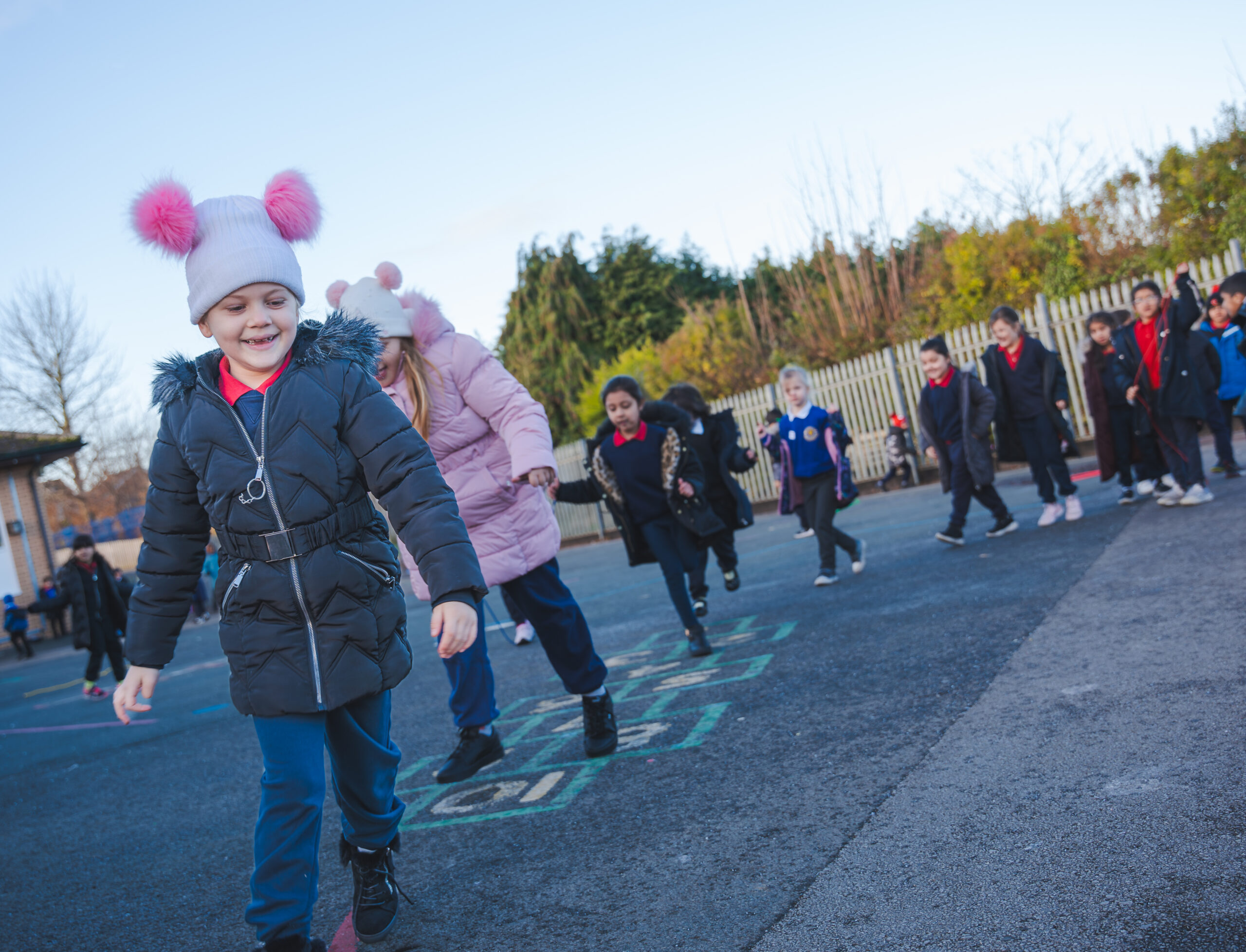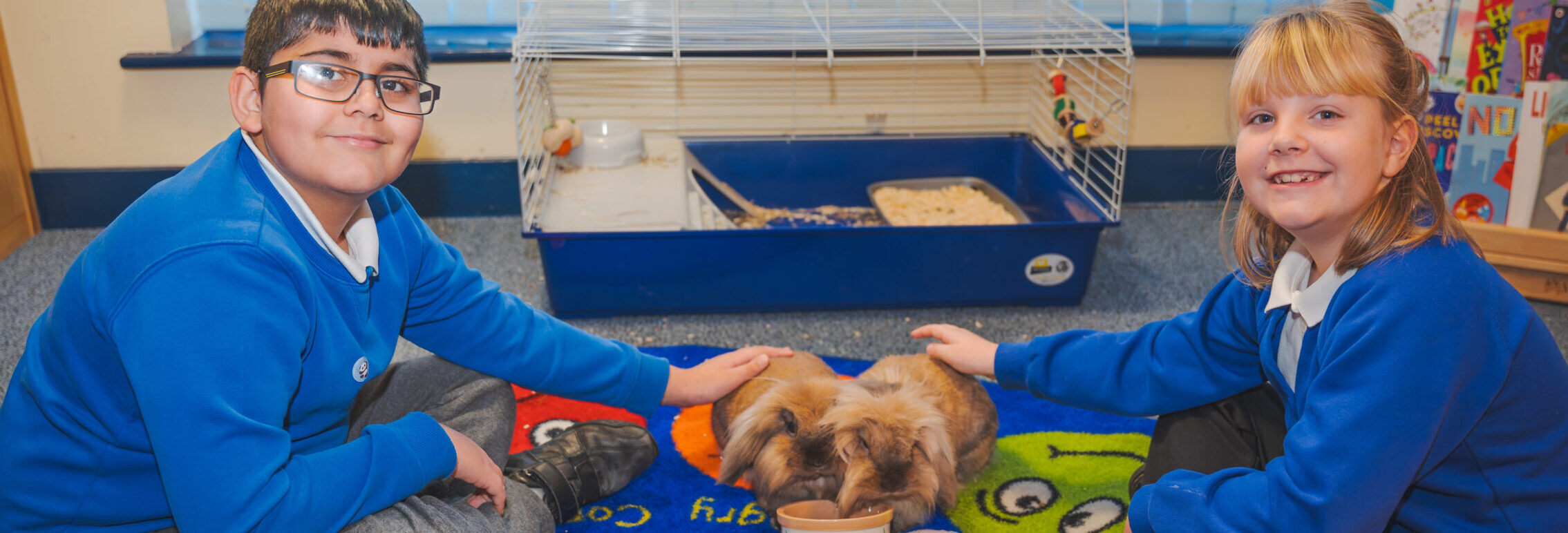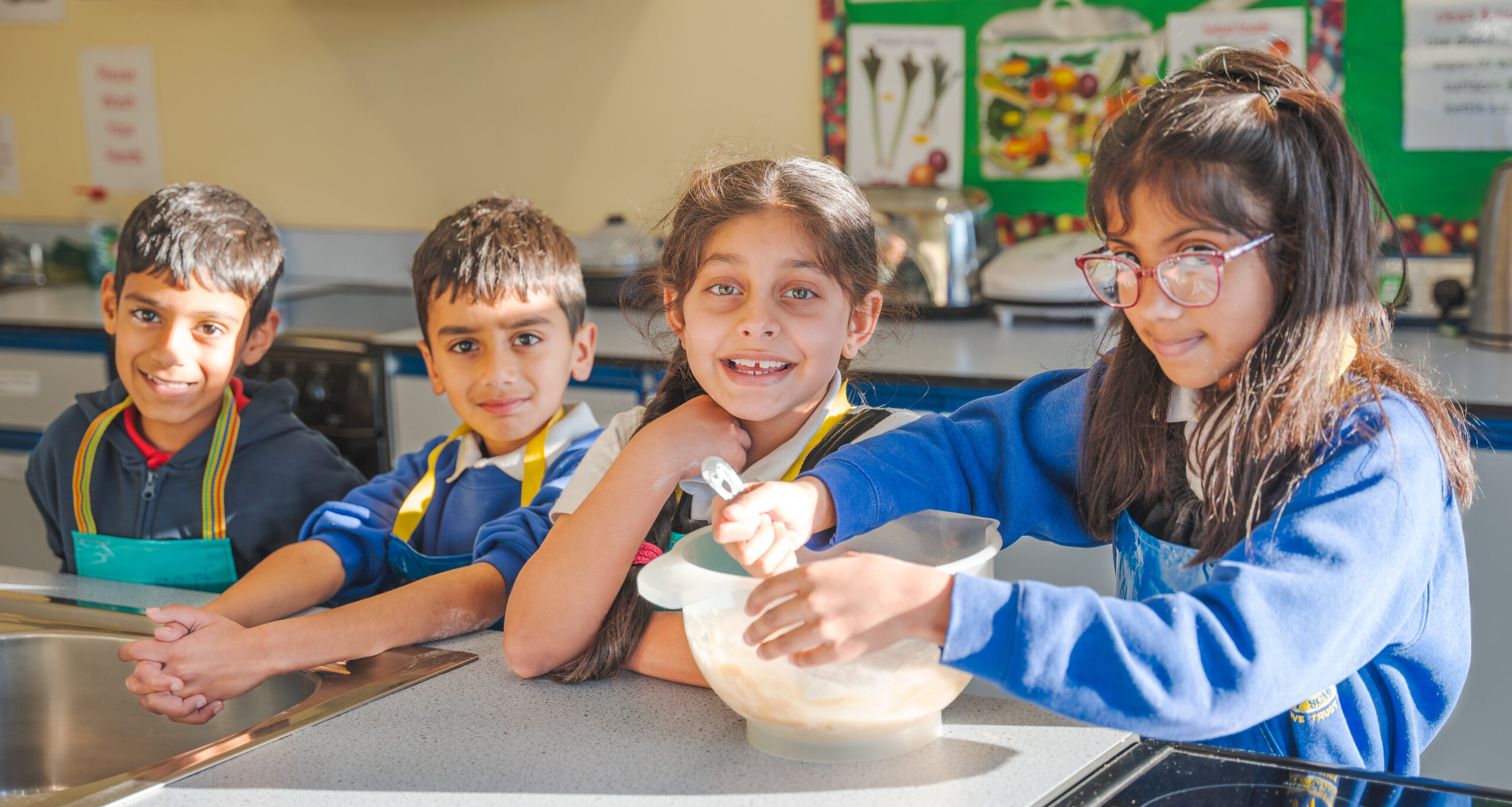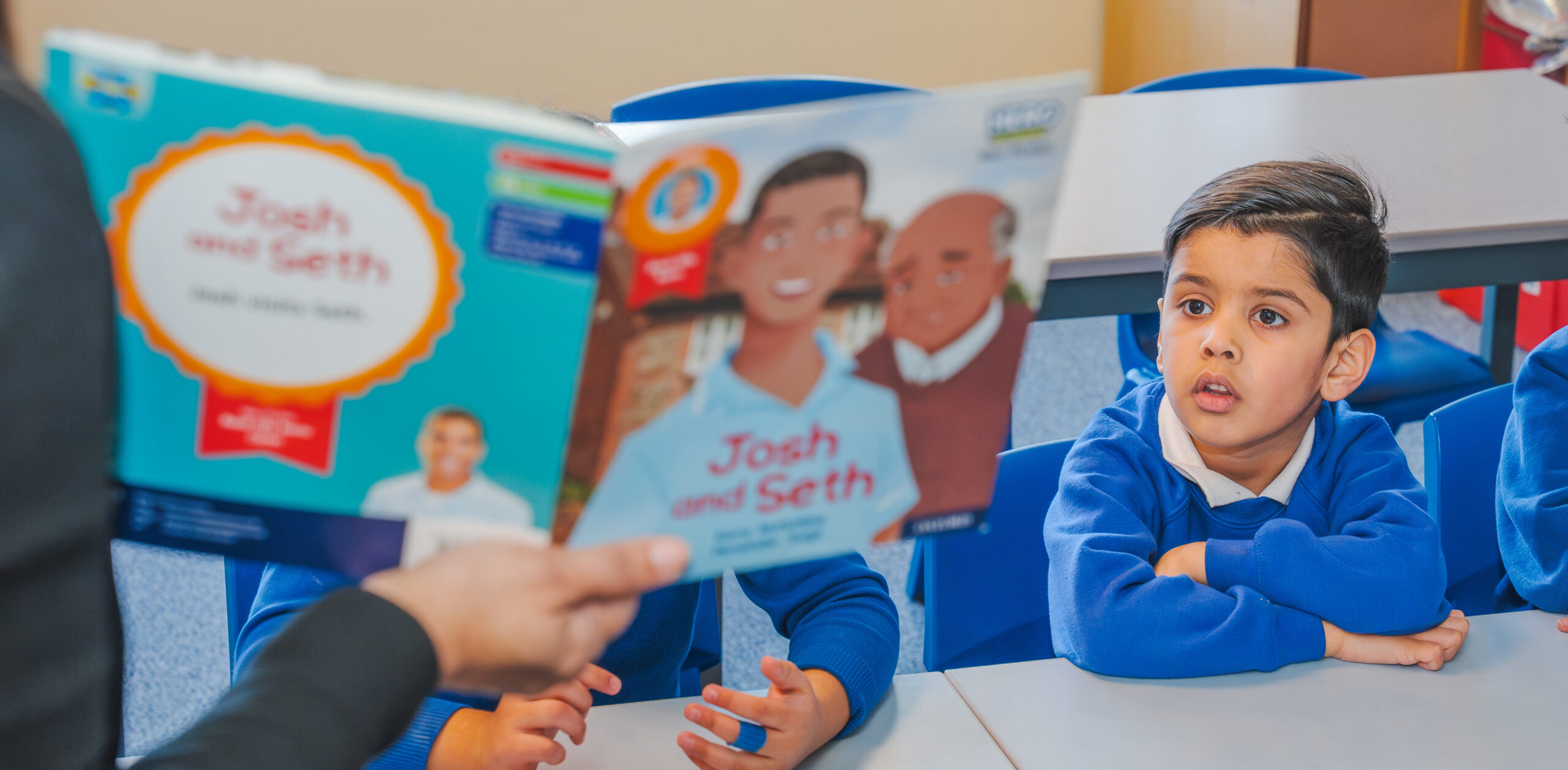Computing
Computing is an integral part of our everyday life and will play an immeasurable part in our children’s futures. At Lidget Green Primary School, we want to provide all of our children with the skills and knowledge to thrive in a world increasingly dependent on computing. As computing technology underpins today’s modern lifestyle, it is essential that all pupils gain the confidence and ability that they need in this subject, to prepare them for the challenge of a rapidly developing and changing technological world.
Our Computing curriculum is designed to develop skills which are built upon each year. Computing is incorporated throughout the curriculum ensuring that our children become digitally literate and are able to develop their ideas in a way that will enable them to become successful digital citizens in primary school, secondary school and in the future workplace.
We believe that it is imperative that all of our key stakeholders are aware of the benefits and risks of the internet and know how to safeguard themselves and our children in this area.
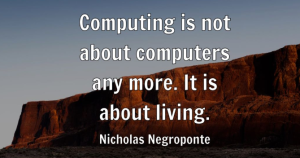

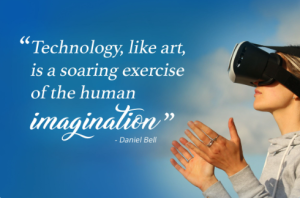
Intent
The school’s aims are to:
- Meet the requirements of the National Curriculum programmes of study for computing.
- Teach a relevant, challenging and enjoyable curriculum for computing for all pupils through the use of a carefully designed scheme of work.
- Provide a wide range of ICT and computing experiences so that pupils can understand the potential that technology holds.
- Use ICT and computing as a tool to enhance learning throughout the curriculum.
- Respond to new developments in technology.
- Equip pupils with the confidence and capability to use ICT and computing throughout their lives.
- Develop a good understanding of how to use ICT and computing safely and responsibly.
Implementation
The school uses Kapow Computing – a whole-school scheme of work for EYFS to Year 6 pupils. Kapow fully meets the objectives of the National Curriculum for Computing and allows for clear progression in computing. Our computing scheme aims to instil a sense of enjoyment around using technology and to develop pupil’s appreciation of its capabilities and the opportunities technology offers to, create, manage, organize, and collaborate. Tinkering with software and programs forms a part of the ethos of the scheme as we want to develop pupils’ confidence when encountering new technology, which is a vital skill in the ever evolving and changing landscape of technology. Through our curriculum, we intend for pupils not only to be digitally competent and have a range of transferable skills at a suitable level for the future workplace, but also to be responsible online citizens. The scheme of work enables pupils to meet the end of Key Stage Attainment targets outlined in the National curriculum
The National Curriculum purpose of study states:
‘The core of computing is computer science, in which pupils are taught the principles of information and computation, how digital systems work, and how to put this knowledge to use through programming. Building on this knowledge and understanding, pupils are equipped to use information technology to create programs, systems and a range of content. Computing also ensures that pupils become digitally literate – able to use, and express themselves and develop their ideas through information and communication technology – at a level suitable for the future workplace and as active participants in a digital world’.
Therefore, our scheme of work is designed with three strands which run throughout:
- Computer Science
- Information technology
- Digital literacy
The Kapow National Curriculum mapping document shows which of the units cover each of the National Curriculum attainment targets as well as each of these three strands. The Computing Progression of Skills document shows the skills that are taught within each year group and how these skills develop year on year to ensure attainment targets are securely met by the end of each key stage. Our scheme is organised into five key areas, creating a cyclical route through which pupils can develop their computing knowledge and skills by revisiting and building on previous learning:
- Computer systems and networks
- Programming
- Creating media
- Data handling
- Online safety
The implementation of our Computing scheme of work ensures a broad and balanced coverage of the National Curriculum requirements, and the ‘Skills showcase’ units provide pupils with the opportunity to learn and apply transferable skills. Where meaningful, units have been created to link to other subjects such as science, art, and music to enable the development of further transferable skills and genuine cross-curricular learning. Lessons incorporate a range of teaching strategies from independent tasks, paired and group work as well as unplugged and digital activities. This variety means that lessons are engaging and appeal to those with a variety of learning styles. Knowledge organisers for each unit support pupils in building a foundation of factual knowledge by encouraging recall of key facts and vocabulary.
Strong subject knowledge is vital for staff to be able to deliver a highly effective and robust computing curriculum. The units of lessons include teacher videos from Kapow to develop staff subject knowledge and support ongoing CPD. This supports teachers to feel confident delivering the computing curriculum and to deliver lessons of a high standard that ensure pupil progression.
Impact
After the implementation of our Computing scheme, pupils should leave Lidget Green Primary School equipped with a range of skills to enable them to succeed in their secondary education and be active participants in the ever-increasing digital world.
The expected impact is that children will:
- Be critical thinkers and able to understand how to make informed and appropriate digital choices in the future.
- Understand the importance that computing will have going forward in both their educational and working life and in their social and personal futures.
- Understand how to balance time spent on technology and time spent away from it in a healthy and appropriate manner.
- Understand that technology helps to showcase their ideas and creativity. They will know that different types of software and hardware can help them achieve a broad variety of artistic and practical aims.
- Show a clear progression of technical skills across all areas of the National Curriculum- computer science, information technology and digital literacy.
- Be able to use technology both individually and as a part of a collaborative team.
- Be aware of online safety issues and protocols and be able to deal with any problems in a responsible and appropriate manner.
- Have an awareness of developments in technology and have an idea of how current technologies work and relate to one another.
- Meet the end of key stage expectations outlined in the National Curriculum for Computing.
To find out more about your child’s Computing curriculum, please check the long term plan on the main ‘Learning‘ page of this website.

